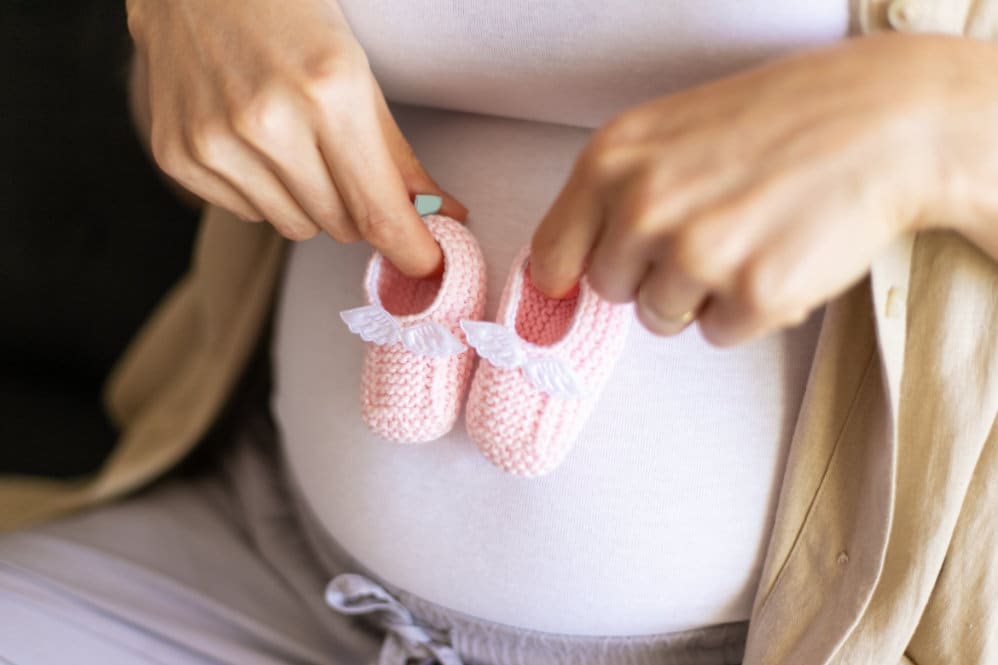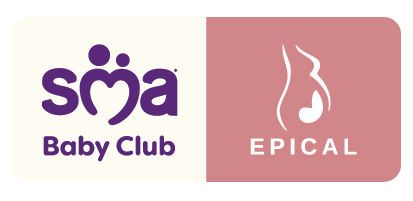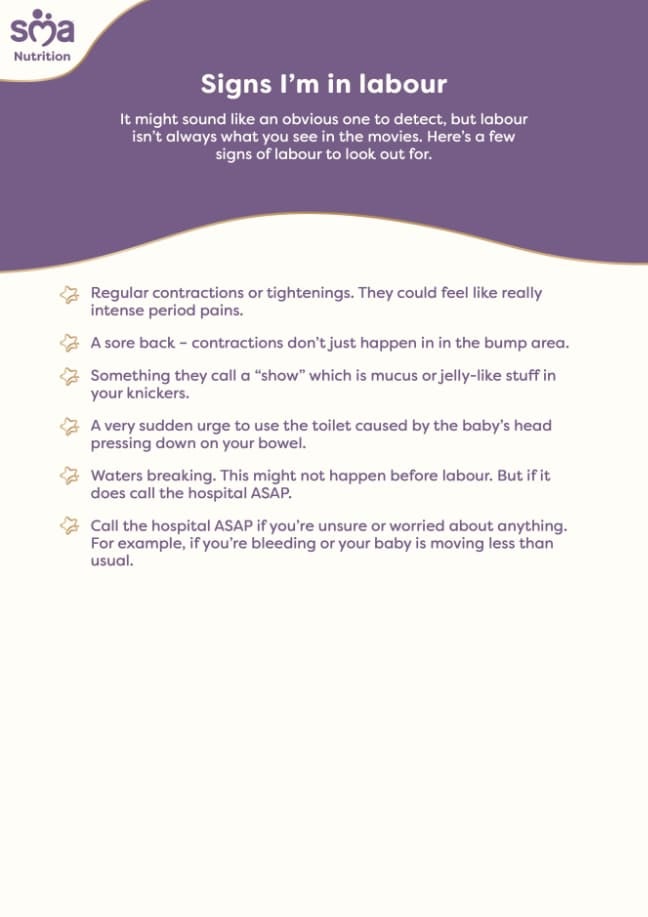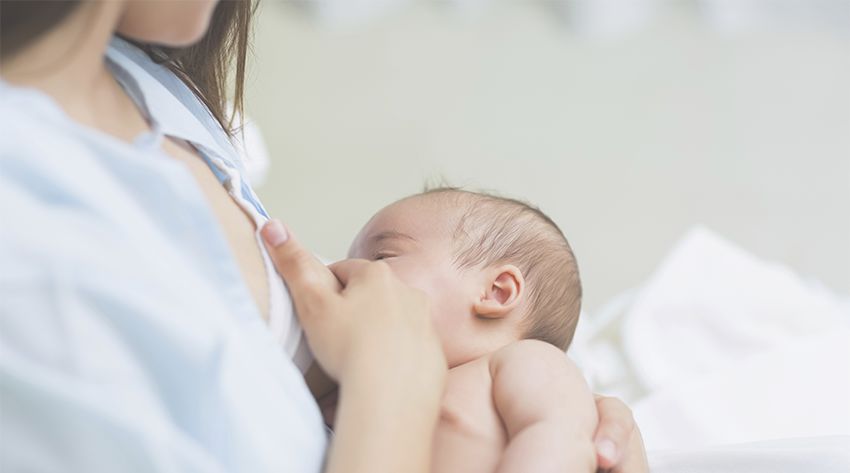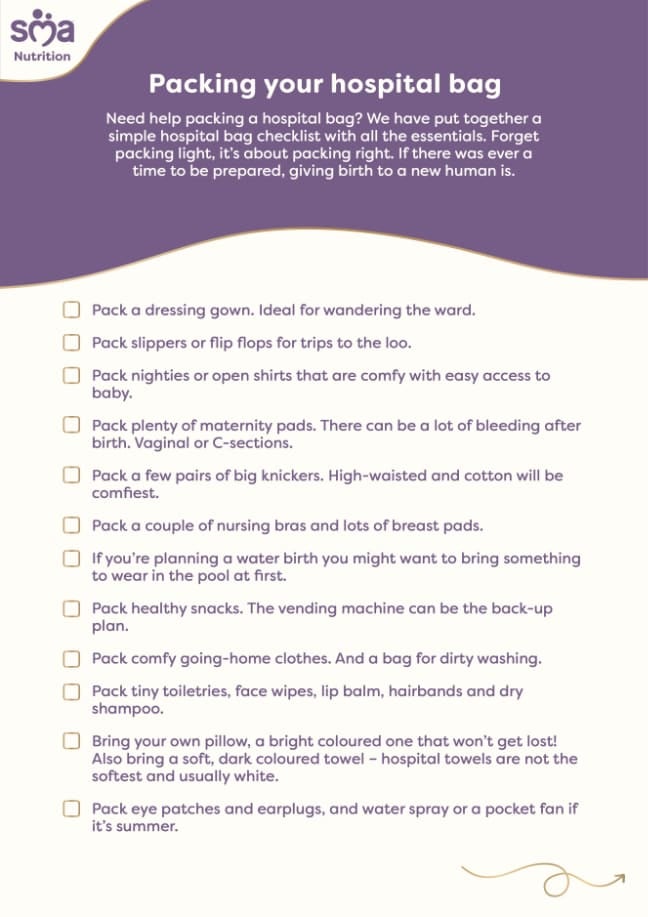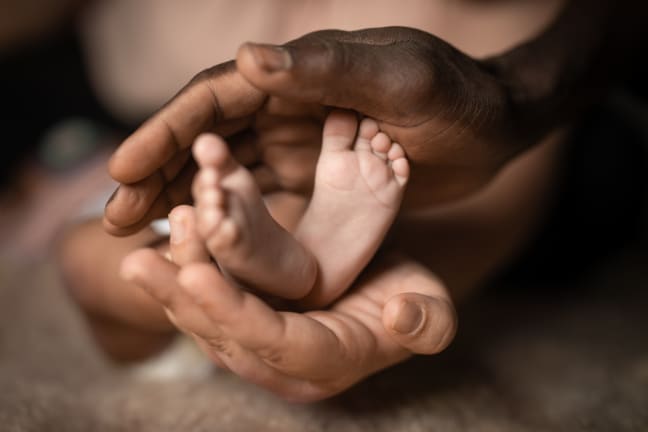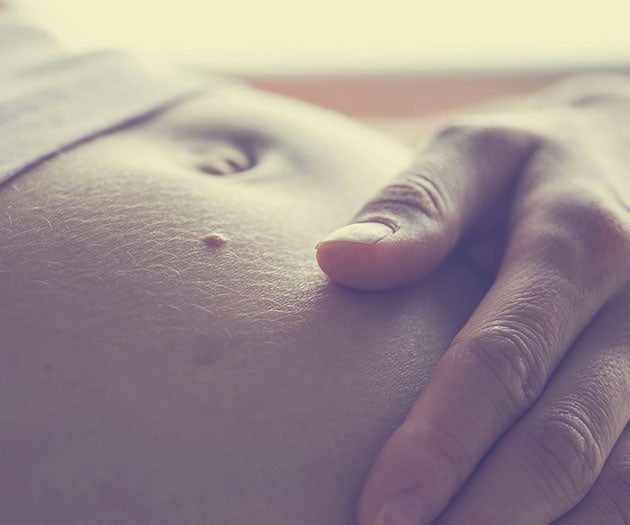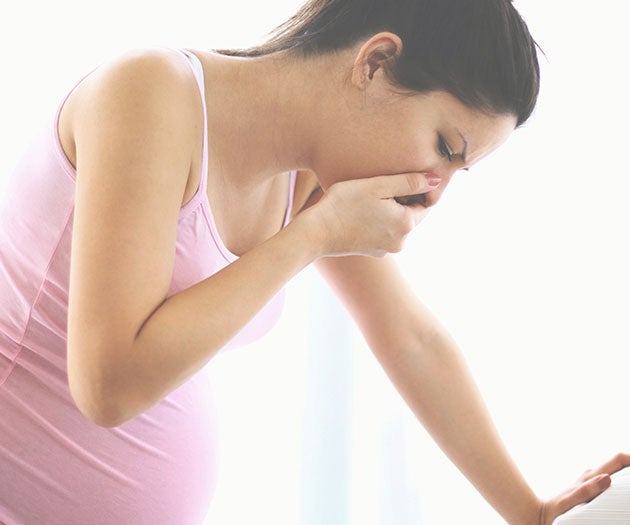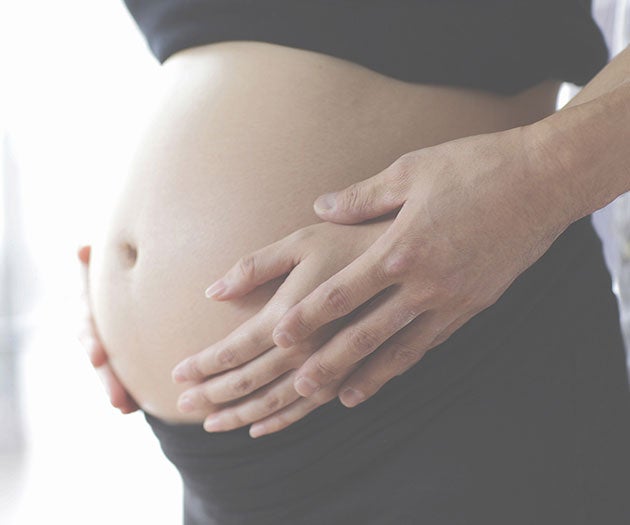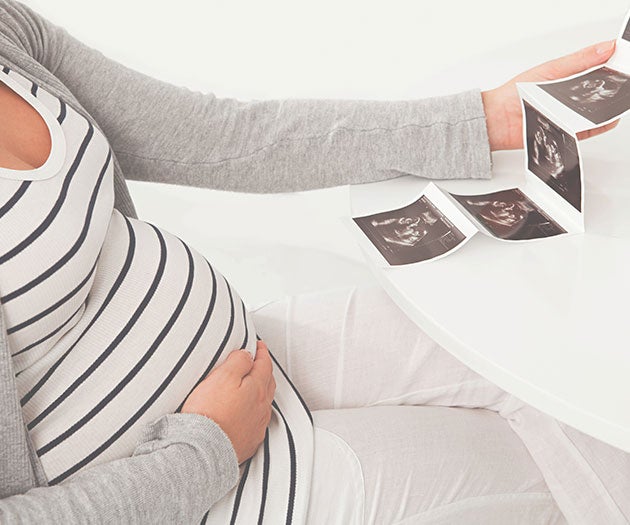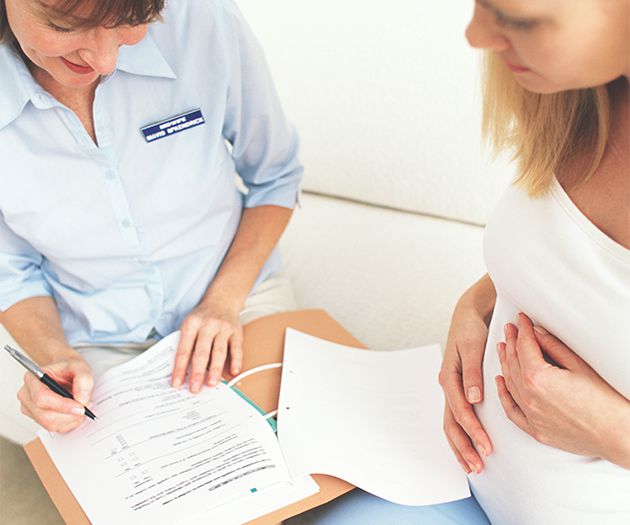Introduction
At 39 weeks pregnant, it’s almost time for the big day. How can you tell if labour has really started? Read our section on signs of labour. Breastfeeding is a lovely bonding moment with your baby, it’s also good for you too, read on to find out more. Is sleep alluding you at the moment? It’s not really surprising, read our top tips to aid sleep and information of what to expect at 39 weeks pregnant.
What happens at 39 weeks pregnant?
It’s almost time for the big moment. While you prepare mentally, baby is putting on the finishing touches, preparing to face the world. A final layer of fat is developing under their skin, for a bit of extra warmth and cushioning. Other than that, your not-so-little one is virtually fully-formed and at around three kilos, is more or less birth weight, (and don’t you feel it). Despite the lack of room, baby should still be stretching and wriggling regularly, so call the hospital right away if these movements seem to have lessened.
What happens to your body at 39 weeks pregnant?
There isn’t a ‘green light’ moment to signpost going into labour, but rest assured you will definitely know when baby is ready to come out. You may also experience some impostor signs too such as Braxton Hicks.
Braxton-Hicks. These ‘false labour’ contractions are the tightening and relaxing of the womb muscles, which can happen from around the second trimester onwards. They’re usually painless but can get stronger and more intense towards the end of your pregnancy. Basically, it’s your body having a practice for the main show.
- Backache and a heavy, achy, tired feeling.
- Feeling nauseous or being sick.
- A ‘show’ – a plug of sticky blood or mucus from your vagina, indicating the cervix has opened.
- Your waters breaking, though this can also happen during labour.
- And, of course, contractions to seal the deal!
No need to rush. Very few babies are born so quickly that their mums can’t get to hospital in time. However, lots of mums-to-be are sent back home because they’ve come in too soon, which can be a bit of a pain especially in the middle of the night. Either way, it’s always best to get in touch with the hospital if you’re unsure.
True labour. The contractions of ‘true labour’ have a steady, regular rhythm and get progressively stronger without easing when you move around. They can feel like very strong period pains. This is the moment to start using any techniques you’ve been practising for dealing with labour pains. Make sure you focus on what works for you, even if it means throwing the rulebook out and going rogue.
It’s not like on the telly. The familiar cry of “my waters have broken!” pre-empts many a TV and movie birth scene. In reality, this can happen at any moment during labour and some women can go into labour without their waters breaking at all. If in doubt call the hospital and explain your symptoms.
You’ve got this! Remember your body is designed to do all this, and your team, from your birth partner, to your medical professionals are there to help you and your baby have the most positive birth experience possible.
We have some tools and resources to help you get ready for the big day: read our article on the stages of labour or download our handy guide on signs I’m in labour.
How is breastfeeding beneficial to the mother?
It’s well known how important and beneficial breastfeeding is for your baby but it’s actually good for mum too.
The skin-to-skin contact (and after the first few weeks, the eye contact too) helps you bond with your baby. It also flushes your body with hormones and two in particular, oxytocin and prolactin, have a multitude of useful effects specifically for mum.
These include cutting down your recovery time by helping your uterus contract, improving blood clotting and even reducing the amount of bleeding after birth. Prolactin also induces a deep feeling of relaxation, while oxytocin is the hormone that helps you fall head-over-heels in love with your mini-me.
No wonder then, that breastfeeding is also linked to decreased risks of postnatal depression - you’re well and truly saturated with happy hormones.
What are the symptoms of 39 weeks pregnant?
Week 39 pregnancy symptoms can include difficulty sleeping. Here is a reminder of some of the sleep tips we gave you a few weeks ago:
- Lie on your side and place a pillow between your knees and a pillow supporting your bump. This should help you feel a bit more comfortable. Or if you have one use your pregnancy pillow
- Avoid all caffeine – try decaffeinated tea and coffee and caffeine free cola
- Avoid eating too close to bedtime as this can contribute to heartburn
- Try some relaxation techniques before bedtime. Some pregnancy yoga or meditation might help
- Avoid any electronic screens for an hour before bedtime
- Allow 30 minutes unwind time, for reading, listening to calming music or some light stretches
- Ensure you have rest time during the day but avoid excessive naps as you may find it difficult to get to sleep at night.
Mini measurements
All babies are different, so the size of your baby at 39 weeks will vary from newborn to newborn. There are several factors that can affect newborn measurements, including:
- Your own diet and weight, both before and during pregnancy
- Your prenatal health, including whether you drink, smoke or have diabetes
- Your own birth weight, plus genetics of both parents
- Your age (teen mums tend to have smaller babies)
- Whether your baby is a boy or a girl (boys tend to be heavier)
- Whether this is your firstborn (they tend to be smaller than subsequent children)
- Whether your baby is a twin or triplet (multiples tend to be smaller than singletons)
- Broadly speaking, newborns weigh around 3kg (or six and a half pounds) and are about 52cm long. If you are having a particularly large or long baby, your midwife or doctor will have been monitoring this and should have told you already.
It’s almost time for you to welcome your little one to the world! Why not download our handy hospital bag checklist and read our article to ensure you have everything you need for the big day.
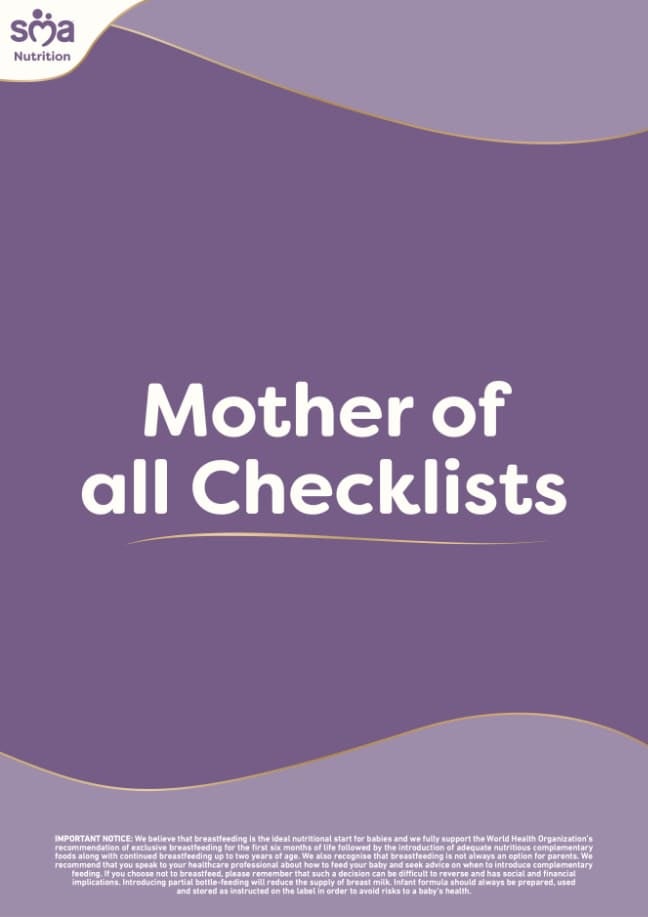
Join SMA® Baby Club to receive the Mother of all Checklists. With 63 checklists across your parenting journey from pregnancy through to toddlerhood we have you covered.



